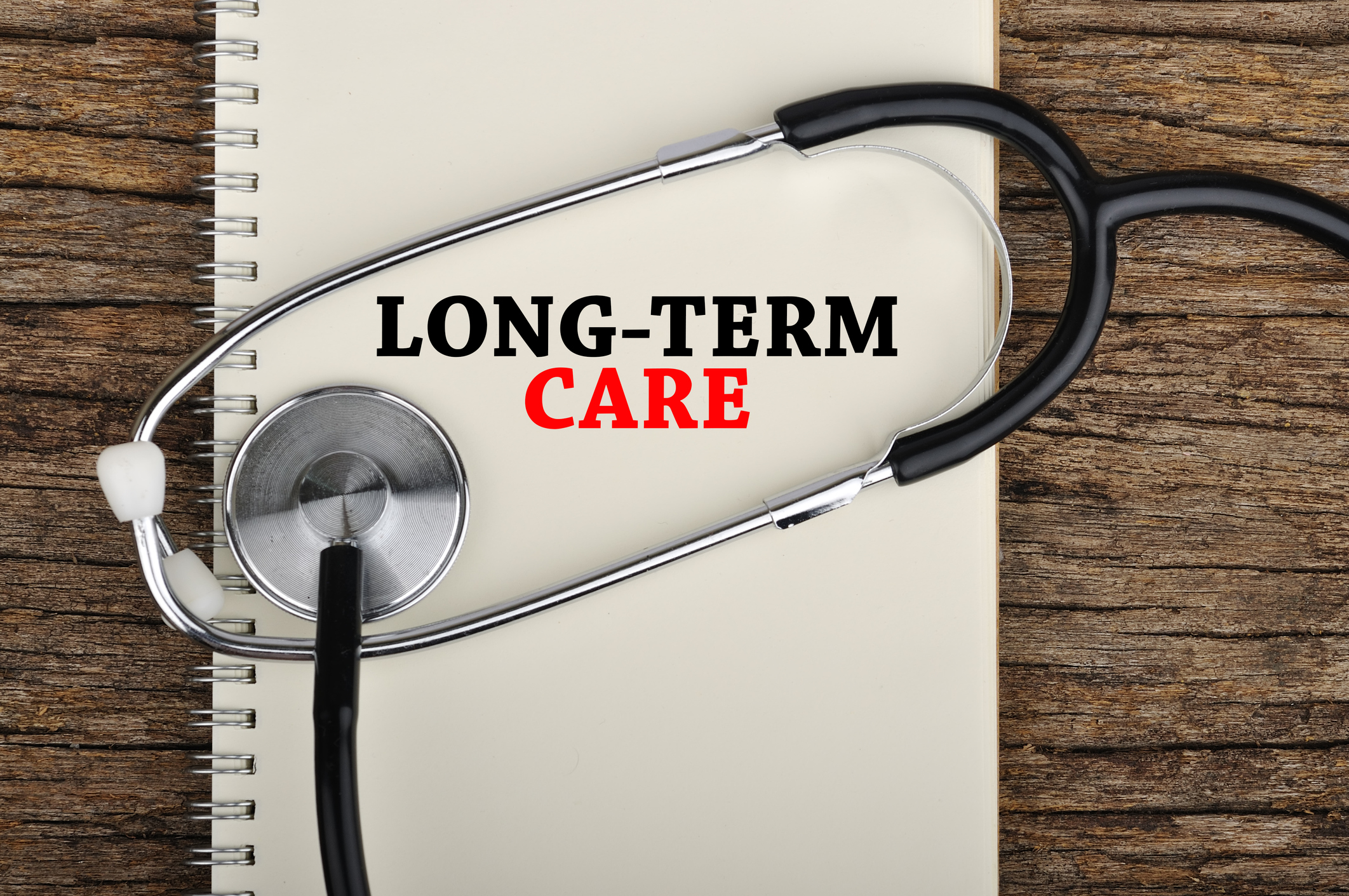Here’s a breakdown of the most notable Medicare changes in 2025, aimed at improving healthcare access, affordability, and flexibility for beneficiaries.
Lower Prescription Drug Costs
Starting in 2025, Medicare Part D will cap annual out-of-pocket prescription drug expenses at $2,000. Once you hit this limit, you won’t need to pay copayments or coinsurance for covered drugs for the rest of the year.
This cap includes payments made through Medicare’s Extra Help program. Additionally, beneficiaries can opt to spread out drug costs evenly across the year with the new Medicare Prescription Payment Plan. This voluntary program doesn’t reduce your costs but helps manage expenses by offering predictable monthly payments.
Enhanced Mental Health Support
Medicare will expand its mental health services, including coverage for intensive outpatient programs, services from marriage and family therapists, and mental health counselors. Beneficiaries can also receive a free “social determinants of health risk assessment” during their annual “Wellness” visit to identify social and support needs.
Telehealth Services
Medicare’s coverage for telehealth services remains extended through March 31, 2025. Beneficiaries can access various telehealth services, including behavioral health, diabetes self-management training, and stroke evaluations, from the comfort of their homes. After March 2025, most telehealth services will be limited to rural areas unless exceptions apply, such as home dialysis and mental health services.
Dementia Care Support
A new pilot program, the Guiding an Improved Dementia Experience Model, offers additional resources for dementia patients and their caregivers. Check with your provider to see if they’re participating.
Postal Service Health Benefits Program
Beginning January 1, 2025, eligible U.S. Postal Service employees, retirees, and their families will transition to the Postal Service Health Benefits Program for their coverage.
For more details on these changes, visit Medicare.gov or consult your local State Health Insurance Assistance Program (SHIP).
Medicare.gov Resources: www.medicare.gov/publications/10050-medicare-and-you.pdf




